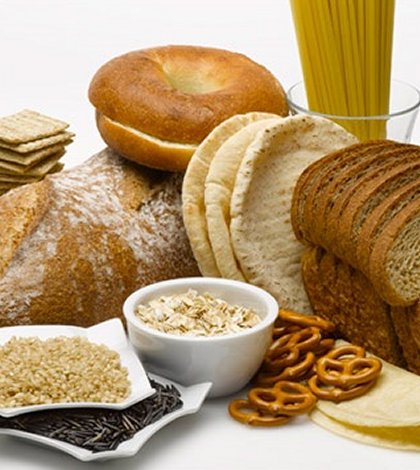Gluten, or the protein found in barley, wheat, rye and other grains is becoming known as a bigger factor in digestive issues in humans. It is now believed that as many as seven million people in the United States are affected by gluten, and because of its stealth nature it can be quite hard for us to control. Those who suffer from Celiac disease, which is an autoimmune reaction to dietary gluten, must watch their intake of foods with gluten closely.
Even if a person doesn’t have full-blown Celiac disease, those with the less aggravating gluten sensitivity may still feel its effects. Those could include headache, body aches, fatigue and intestinal distress, and they may be exhibited in a variety of degrees. Sometimes fatigue is the only symptom a sufferer will have. But liver disease is another result caused by gluten issues, as people with Celiac disease have as much as six times the risk. And by the time symptoms like inflammation of the liver are seen, serious liver disease has already reared its head.
What happens to sufferers is in their digestive tract gluten can’t be properly processed, resulting in chronic inflammation. Toxins and other pathogenic organisms are leaked from the intestines and get into the bloodstream, and this chronically overloads the liver with these toxins. Fatty liver disease can develop which progresses into other serious liver diseases. Liver enzyme levels get elevated, and this becomes the signal that the liver is having issues.
Fortunately by giving up the foods that bring on the gluten issues, the body will be able to right itself. Even those that have gotten to the point where they have elevated liver enzymes, within one year they were normally restored to normal with a gluten-free diet. Unfortunately we often aren’t aware of all the foods with gluten. We then have to do an in-depth food label examination to find gluten, and although restaurants are now recognizing this as a potential issue it still is something to be aware of.
The typical foods that gluten appears are bread, pasta, cookies, cakes, cereal, crackers and beer, just to name a few. But is where things become really tough to read is when gluten is in processed foods. Because they, as well as other harmful ingredients are in processed foods it’s always a good idea to eliminate them from your diet and eat natural foods.
But for people who are not gluten sensitive, could there be issues if they just eliminate gluten just to be safe? A recent study published in the British Journal of Health demonstrated that there could be some risks involved. It found that a group of people who did not have Celiac disease when placed on a gluten-free diet had their good gut bacteria reduced. This is an important marker for necessary immune health, which can lead to the inability to fight disease and infection. Anyone who goes on a gluten-free diet would be at risk, and would have to make up for it by increasing their intake of probiotics or yogurt. As with most changes in the diet, we have to be aware of all the effects of the change.





















